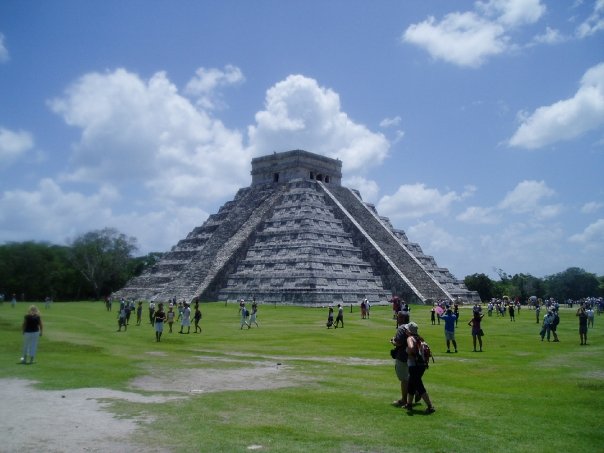Last week, I discussed the three basic elements of spell creation: the effect (what the spell does), the special effect (how it acts and what it looks like), and what is required for the spell to work. This week, I want to discuss the relationships among spells in your system.
Let’s say we want to create Fire Elementalism. Obviously, we’re going to have some sort of fire ball spell, which is basically doing some sort of damage in a circular area. Great, but now what? Well, we could do a fire bolt, where you hit a specific target for damage. That’s better for some circumstances, so that makes sense. But, now what? How about a wall of fire? Seems like a pretty good idea to have some sort of protection.
Sooner or later, though, we’re going to run out of interesting ways to hurt people with fire. We need to rev up our creative juices. A master of flame probably shouldn’t worry about being burned, so a protection from flame spell seems obvious, but let’s go deeper. How about a fire spell that propels the caster like a rocket or allows them to step into one fire and come out another? Perhaps they can divine the future by looking into the flames (pyromancy is one of the oldest ways people have used to fortune tell). They could use a fire like a crystal ball, spying on anyone within range of a suitably sized fire. They might be able to create everburning torches or candles to light their way. Summoning fire elementals seems pretty obvious, but there are many mythological creatures connected to fire, such as salamanders. Maybe a master level spell uses the Ritual of the Phoenix, where in a massive burst of flame, the caster (or someone else) is reborn into a younger version of themselves.
You should also look at how spells interact with one another. If I cast everlasting torch, can I then use that to see through other torches? For example, Diviners on my world have several spells that have the effect of enchanting their eyes and ears. Mage Sight, for example, allows the caster to see whether magic has been cast in an area and what types of magic that was. They can also scry, which allows them to see remotely into an area. However, a Diviner cannot use Mage Sight while scrying to see if spells have been cast in the area they are viewing remotely. This reduces the effectiveness of Divination spells in general, which does two things for me. First, when I’m running a game, it balances the powers of spellcasters over non-spellcasters. Second, when I’m writing, it provides another obstacle to my character solving the crime. After all, if the Eyes of Law can simply scry around town looking for evidence of Necromancy, it would be pretty difficult to have a cult of necromancers plotting some nefarious deeds.
Next week, I’ll be doing an update on my writing. See you then!


Love reading your writings!